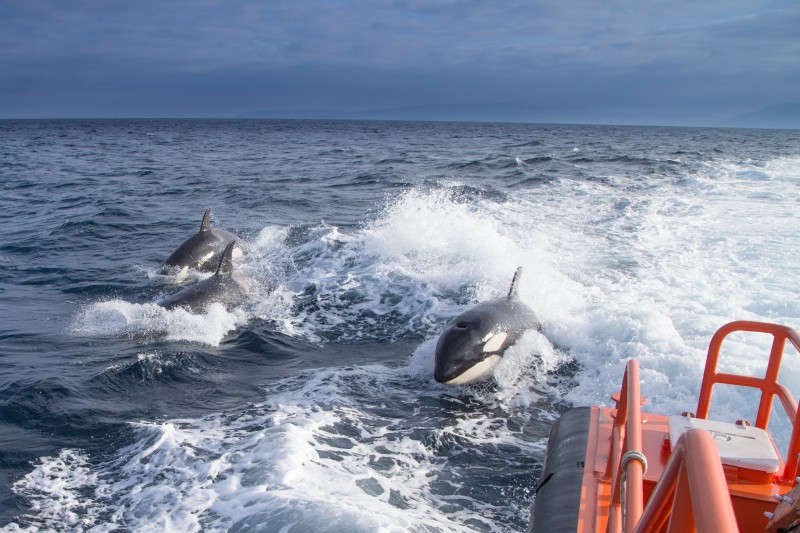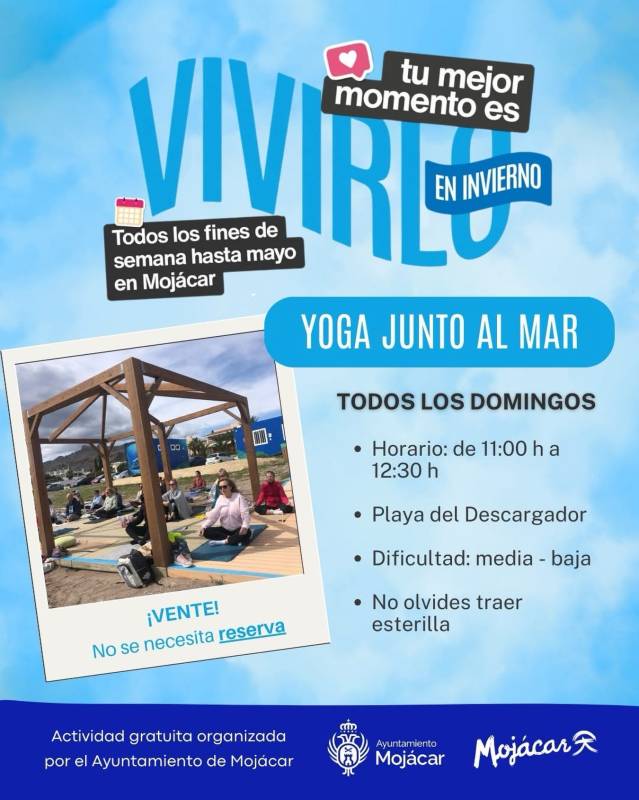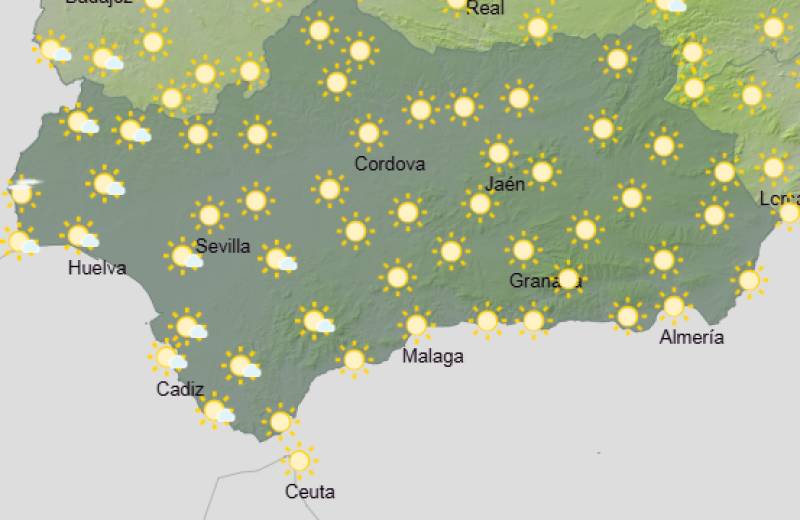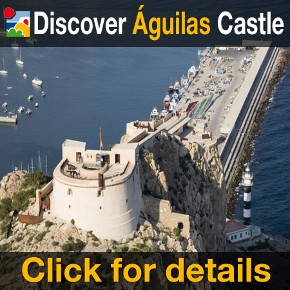- Region
- Vega baja
- Marina Alta
- Marina Baixa
- Alicante
- Baix Vinalopo
- Alto & Mitja Vinalopo
-
ALL TOWNS
- ALICANTE TOWNS
- Albatera
- Alfaz Del Pi
- Alicante City
- Alcoy
- Almoradi
- Benitatxell
- Bigastro
- Benferri
- Benidorm
- Calosa de Segura
- Calpe
- Catral
- Costa Blanca
- Cox
- Daya Vieja
- Denia
- Elche
- Elda
- Granja de Rocamora
- Guardamar del Segura
- Jacarilla
- Los Montesinos
- Orihuela
- Pedreguer
- Pilar de Horadada
- Playa Flamenca
- Quesada
- Rafal
- Redovan
- Rojales
- San Isidro
- Torrevieja
- Comunidad Valenciana
ARCHIVED - Marine rescue tow another yacht into Cadiz after killer whales disable the rudder
There have been several interactions between sailing vessels and orcas this summer off the Andalusia coastline

The Salvamento Marítimo marine rescue services were called out on Tuesday August 31 to assist another vessel which had lost its rudder following an interaction with killer whales (orcas) in the waters between Barbate and Punta Paloma, off the Cádiz coast of the Andalusia region.
This summer there have been more than 50 reported interactions between killer whales (orcas) and sailing vessels off the coast of the Andalusia region, mainly off the Cádiz coastline, with the orcas causing physical damage to the boats.
In this incident the sailboat Quartet, with four crew members on board, was approached by the group of orcas to the south of the exclusion zone decreed by the Ministry of Transport in order to try and reduce the number of incidences occurring in the area.
The crew of the boat radioed to report the loss of their rudder and the Salvamar Enif was sent to assist them into port.
Although the Quartet was able to successfully reach the port, the vessel was unable to manoeuvre sufficiently to navigate the entrance and the Enif had to intervene, towing the yacht into the dock.
Velero Quartet, con 4 tripulantes, sufre acometida de orcas al Sur de la zona de exclusión. Ha perdido el gobierno, aunque consigue llegar a cercanías de Barbate por sus medios acompañada de la Salvamar Enif, que la remolca para entrar en puerto. Video archivo #SeguridadNaurica pic.twitter.com/5aIDC8IsmF
— SALVAMENTO MARÍTIMO (@salvamentogob) August 31, 2021
This is the first incident involving killer whales recorded in the waters of the province of Cádiz since August 13, when the sailboat Gardian, with two crew members on board, also lost its rudder following an encounter with what was undoubtedly the same group of orcas.
Researchers believe that the interactions between the orcas and the sailing vessels is playful, as all the vessels involved have been of a similar size and in most cases, the vessels have lost the use of their rudder.
Circe (Conservation, Information and Study on Cetaceans) has prepared a study following both sets of interactions, the results of which have been presented to the Ministry for Ecological Transition and the Ministry of Transport examining the interactions between orcas and boats throughout the last three years on the coasts of the Iberian Peninsula.
Circe concludes that in the first interactions the orcas simply played with the boats without causing damage, but due to the logical growth of these individuals and their increase in strength, they have increasingly caused damage to the rudders, sometimes breaking them completely, particularly if the blades were not in good condition. Orcas can reach lengths of up to eight metres and can weigh up to six tonnes and are widely recognised as one of the world’s most powerful predators.
Orcas are highly intelligent hunters, using several techniques to hunt their prey depending on what is available.
Killer whales usually hunt in groups, one of their favoured techniques being to “herd” together shoals of fish, the adult males driving the fish and compacting the shoal for the rest of the orcas in the group to eat, generally hunting in areas where they can bring them to the surface, driving them together, and stunning them by slapping them with their tails, eating at leisure.
Orcas are also known for knocking seals off lumps of floating ice into the water in order to easily catch them by creating waves around the ice, working in a group, or driving fish into shallow water so that they can be harvested by beaching and they are uncowed by larger prey; ramming, biting and pulling at the pectoral fins of whales in order to wear them down, weaken them and attack as a group; it has been suggested that the interactions with these yachts is simulated hunting play.
Circe has prosposed the "creation of an action plan in three phases, seeking behavior modification as an objective."
They say that, "the fundamental plan is to provide alternatives that allow the modification of the motivation that leads the orcas to approach the boats."
In the first phase, they aim to eliminate any type of reaction on the part of any vessel, with the objective of ignoring the killer whales, and has recommended that "the approach of any type of vessel should be strictly prohibited."
This is already the case and the current exclusion zone has been set up specifically to try and prevent these interactions.
In the event that, as is normally the case, the orcas initiated the interaction, Circe recommends that the vessel should not change its course or behavior at any time, following its initial route and, above all, not interacting with the orcas using mobile or acoustic elements, or indicating vocally that the interaction had provoked a response.
Although the orcas are expected to move away from Cádiz and back to the Strait of Gibraltar, following the migratory route of the large fish shoals, including tuna, the learned behaviour this group has demonstrated obviously increases the probability that interactions with sailing vessels may continue in the future.
For this reason, Circe has indicated that its “phase three” would study the possibility of applying positive reinforcement or, if necessary, negative reinforcement to eradicate the behavior.



















